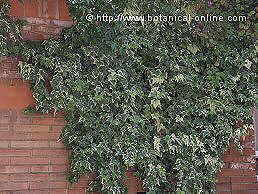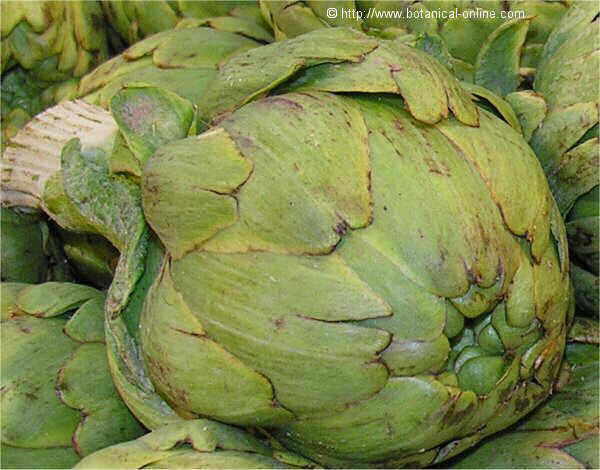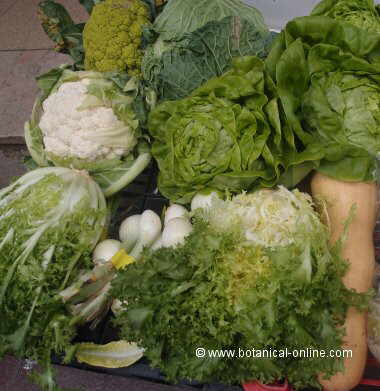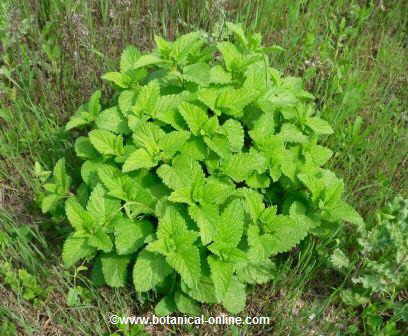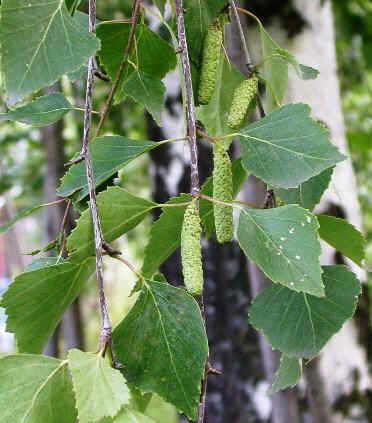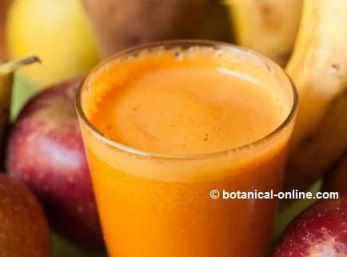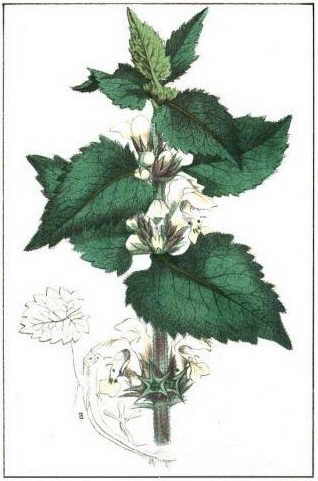Contents
- 1 Characteristics, uses, benefits and toxicity of hesperidin
- 2 CHARACTERISTICS OF HESPERIDIN
- 2.1 What is hesperidin?
- 2.2 Properties of hesperidin
- 2.3 Citrus for the stomach and ulcers
- 2.4 Hesperidin for the health of the eyes
- 2.5 Hesperidin for allergy
- 2.6 Hesperidin with vitamin C
- 2.7 Antioxidant properties of hesperidin
- 2.8 Hesperidin and cancer
- 2.9 Foods rich in hesperidin
- 2.10 Toxicity of hesperidin
- 3 MAIN FLAVONOIDS
Characteristics, uses, benefits and toxicity of hesperidin
CHARACTERISTICS OF HESPERIDIN
What is hesperidin?
Hesperidin is a flavonoid that, together with didimin, rutin and quercetin, is the main flavonoid of citrus fruits. Due to the fact that it is one of the most abundant flavonoids in citrus fruits, it is sometimes called citroflavonoid.
Hesperidin appears mainly in the skin and in the white membrane that exists before the pulp of these fruits, hence, when making a lemon juice, an orange juice or another citrus fruit, it is convenient to also squeeze this part , or add the leftover pulp of the juice.
Properties of hesperidin
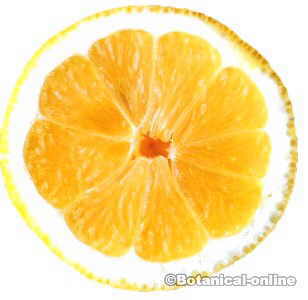
Photo of lemon. Many people know it for its high content of vitamin C, but what really stands out is that it is rich in citroflavonoids.
The properties of hesperidin are practically the same as those of rutin and quercetin, although it is used especially as a protector of capillaries. The citroflavonoids are antioxidant components that strengthen the veins, arteries and small blood vessels (capillaries).
They are very suitable for the treatment of varicose veins, to improve circulation, especially in cases of varicose veins, hypertension, hemorrhoids, arteriosclerosis or poor circulation.
It is also suitable for people with ease to suffer bruising or with small veins on the skin (spider veins).
Citrus for the stomach and ulcers
Hesperidin protects the stomach from ulcers and helps to heal the gastric mucosa . Its high content of vitamin C, which is collagen-forming, also contributes to this effect. Many people have seen their gastritis improved including lemon in their diet, yes, in an appropriate way.
Hesperidin for the health of the eyes
The citroflavonoids, by improving circulation, are very suitable for improving the health of vision. It is especially recommended for people with vision problems, recently operated, who spend a lot of time in the sun, or in front of screens, or people with problems to adapt their vision to changes in light.
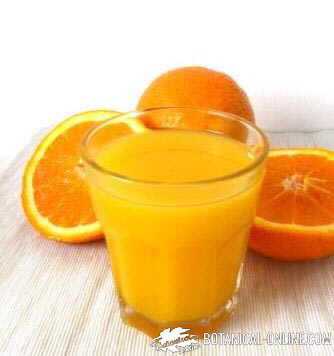
Orange juice (with pulp) is one of the richest foods in hesperidin
Hesperidin for allergy
Hesperidin is an antiallergic that is sometimes used for the treatment of hay fever, because it seems to inhibit the production of histamine.
Within this property, it is worth mentioning that citrus fruits can be counterproductive for people with deficit of the DAO enzyme, to whom citrus consumption, together with an inadequate diet, can cause migraines due to the presence of histamine in citrus fruits and its insufficient ability to metabolize it (despite being the properties of hesperidin to reduce histamine).
Hesperidin with vitamin C
Bioflavonoids, such as hesperidin, in combination with vitamin C, protect the collagen’s good health of the skin, preventing the appearance of wrinkles or sagging skin (sagging).
Regarding this combination, there are those who defend that vitamin C and flavonoids interact well; others think that this component prevents the absorption of vitamin C.
Rather it seems that bioflavonoids regulate and potentiate the assimilation of vitamin C, but in no case diminish the antioxidant effect of this, quite the contrary.
For this reason, this component is usually added to preparations with other antioxidant vitamins, such as vitamin E or pro-vitamin A (carotenes).
Antioxidant properties of hesperidin
As a good flavonoid, we must not forget the antioxidant value of hesperidin. Antioxidants are substances capable of eliminating free radicals that are produced as a result of cellular activity. In normal amounts, free radicals are good, but in excess, they produce premature aging, cause the appearance of wrinkles, the accumulation of cholesterol in the arteries or dementia.
People who smoke, who drink alcohol have more free radicals, also if they take processed meats or if they live in polluted environments, such as large cities. Obesity also generates more free radicals.
Flavonoids, such as hesperidin, have a great potential to neutralize free radicals and prevent or improve the affections derived from them, due to its enormous antioxidant capacity, which enhances that of other vitamins such as vitamin E or the aforementioned vitamin C.
Hesperidin and cancer
Hesperidin, as well as other flavonoids, has been shown to be effective in fighting against the development of certain types of cancer, by acting against cancerous tumors in the chest, skin, ovaries, lungs and gall bladder.
Foods rich in hesperidin
What are the sources of hesperidin? Where can you find them ? Hesperidin is not a component whose quantity in foods can be found in any table of nutritional composition. In general, we can say that this component is found in lemons, oranges, bitter oranges and grapefruit, being lemons and oranges the fruits that have more hesperidin. The most natural way to take this component is through juices in which the pulp and the white part of the citrus skin have been included.
Some other foods with hesperidin are : mint, peppers, hot pepper, rosemary and mullein.
But the exact amount of hesperidin in food should be sought in scientific studies dedicated to the observation of this component. Here is a table of the measured results in laboratories:
| Table on the amount of hesperidin in certain foods (in mg per 100 ml.) | |
|---|---|
| Food | Amount |
| Dry mint (100g) | 480.65 mg |
| Orange juice, from concentrate | 52.68 mg |
| Mandarine juice, from concentrate | 36.11 mg |
| Orange juice | 25.85 mg |
| Lemon juice, from concentrate | 24.99 mg |
| Lemon juice | 17.81 mg |
| Lime juice | 13.41 mg |
| Juice or concentrated grapefruit juice (grapefruit), from concentrate | 1.55 mg |
| Grapefruit juice | 0.65 mg |
Hesperidin supplements
In the form of supplements, hesperidin is found in capsules, either alone, or normally with other flavonoids and antioxidants (mainly in vitamin C supplements with bioflavonoids).
It must be taken according to the conditions of the leaflet
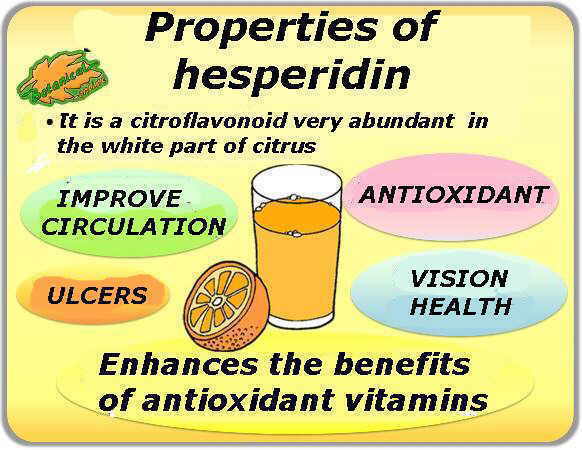
Summary of the main medicinal properties and benefits of hesperidin, a flavonoid very abundant in citrus fruits, especially in the white part
Toxicity of hesperidin
- As a precaution, its administration is not recommended in pregnant women.
- People with allergies to these fruits should not take citrus supplements.
- There have been some cases of gastric sensitivity, so caution is recommended in its administration.
![]() More information on components of the medicinal plants.
More information on components of the medicinal plants.
MAIN FLAVONOIDS | ||
| Beta carotene | Alpha-carotene | Lycopene |
| Lutein / Zeaxanthin | Capsanthin | Catechins |
| Cryptoxanthin | Anthocyanins | Rutin |
| Quercetin | Hesperidin | Resveratrol |

